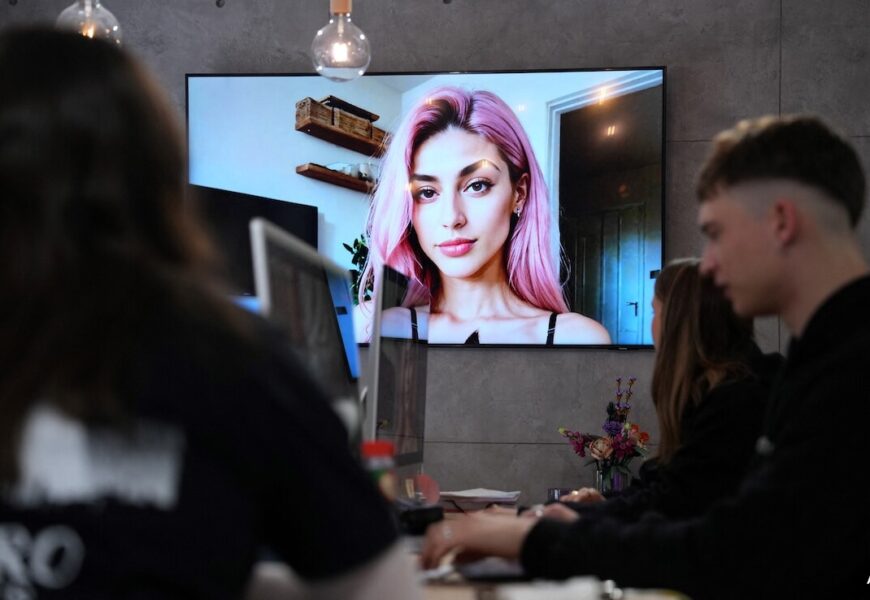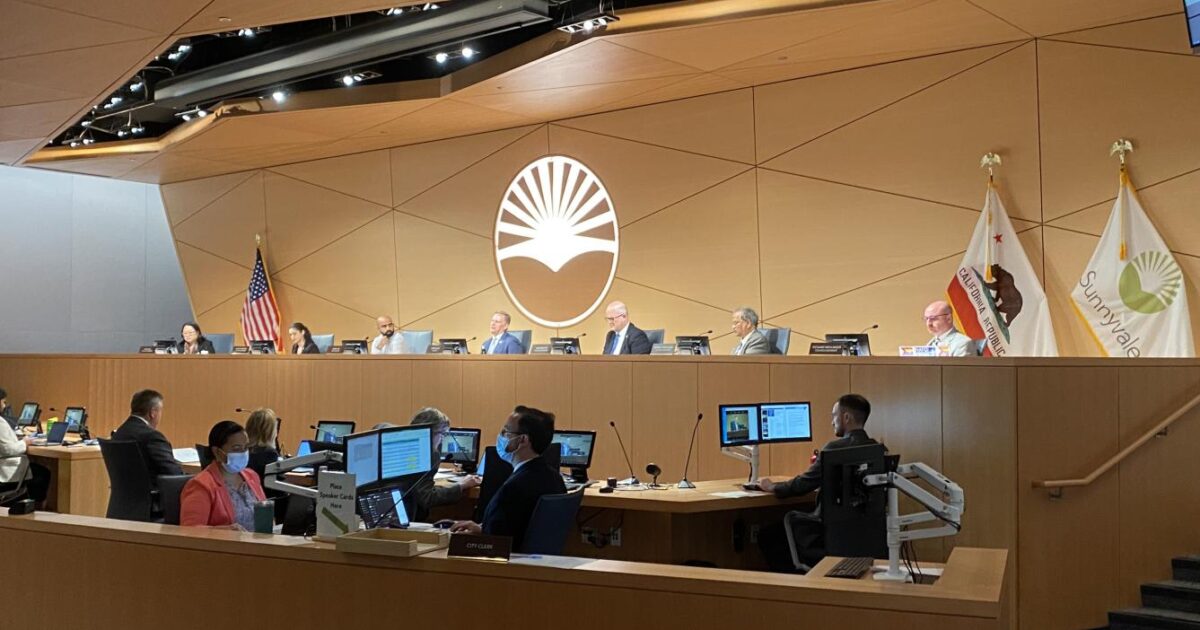Using virtual influencers is not a novel concept, as evidenced by Barbie’s substantial Instagram following.
In the realm of social media, influencers are increasingly turning to artificial intelligence to enhance their content. However, they now face stiff competition from AI-driven personalities on platforms like Instagram, TikTok, and YouTube.
A standout example is Aitana Lopez, a virtual influencer boasting over 300,000 Instagram followers. Described as a “gamer at heart” and a “fitness lover,” Aitana’s unique appeal lies in her digital existence, crafted by The Clueless, an innovative Barcelona-based “AI modeling agency.”
Sofia Novales, a key figure at The Clueless, highlighted the economic advantages of virtual models over human influencers. By leveraging AI, creators gain unprecedented control over content, from image curation to fashion aesthetics, all without the constraints of physical photoshoots.
Despite the promising prospects AI offers for content creation, concerns loom over the rise of deepfake technology. In response, Meta, the parent company of Facebook and Instagram, announced plans to introduce “Made with AI labels” to distinguish AI-generated content starting in May.
The influencer market is poised for exponential growth, projected to surge from \(16.5 billion in 2022 to nearly \)200 billion by 2032, as per Allied Market Research.
Notably, virtual influencers like Lil Miquela, a digital creation with millions of followers, are seamlessly blending into advertising campaigns alongside real individuals. Brands like BMW have harnessed the allure of AI influencers to captivate tech-savvy audiences and pioneer innovative marketing strategies.
The acceptance of AI influencers among the public, as noted by industry experts like Maud Lejeune of AD Crew, underscores a paradigm shift in audience engagement. Lejeune’s own virtual influencer, Metagaya, exemplifies the evolving landscape of digital storytelling and creative expression.
Advancements in AI technology, exemplified by tools like OpenAI’s Sora video generator, are revolutionizing the creation and operation of lifelike virtual influencers. Concurrently, human influencers like Charles Sterlings are leveraging AI for video enhancements, such as automated translations and deepfake capabilities.
Sterlings recognizes the dual nature of AI technology, acknowledging its potential as both a competitive force and a valuable resource for content creators. Similarly, Lejeune envisions AI as a means to alleviate the pressures faced by influencers, offering new avenues for content production without constant exposure.
While AI models like Aitana by The Clueless pose a formidable challenge to traditional influencers, Novales emphasizes a coexistent future where both human and AI-generated personalities enrich the industry landscape.
(Except for the headline, this story has not been edited by NDTV staff and is published from a syndicated feed.)










